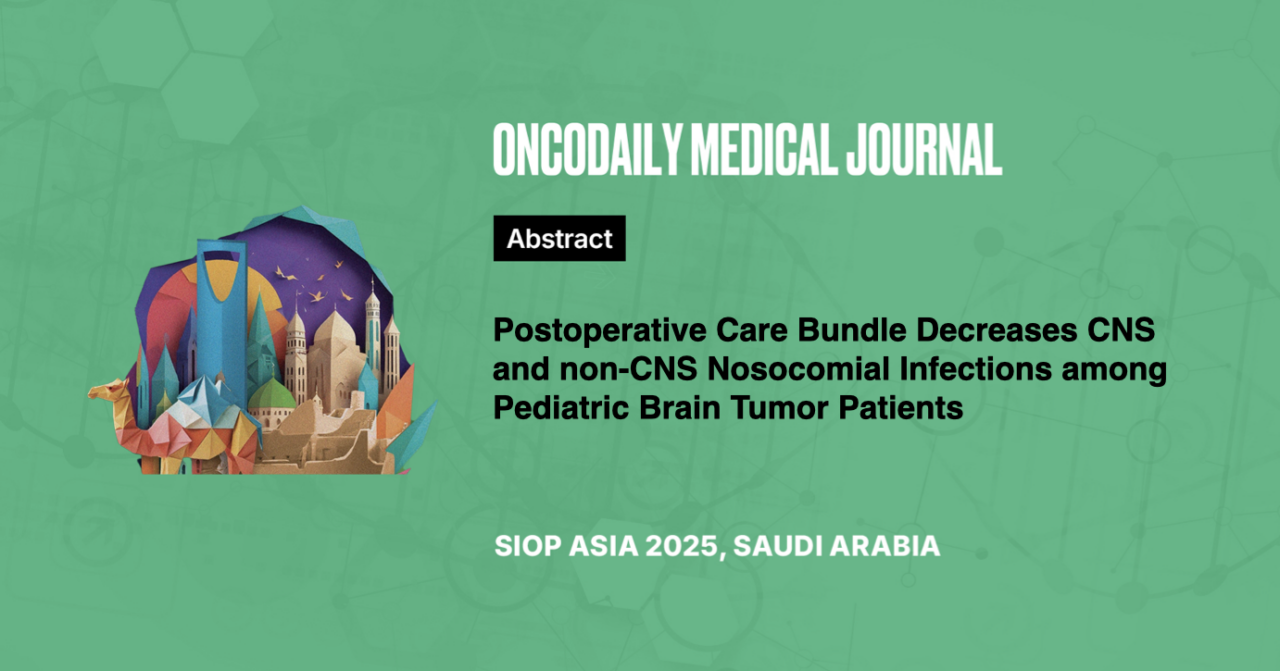Postoperative Care Bundle Decreases CNS and non-CNS Nosocomial Infections among Pediatric Brain Tumor Patients
Abstract
Introduction: In 2023, pediatric brain tumor patients at the Philippine General Hospital (PGH) experienced a high rate of ventriculitis and non-CNS infections, including nosocomial sepsis, urinary tract infection (UTI)/ catheter- associated urinary tract infection (CAUTI), and pneumonia. To address this, a Brain Tumor Coordinator (BTC) was hired who developed a postoperative nursing care bundle that includes chlorhexidine (CHG) bathing, oral care, bed turning, and wound care. In addition, a closed system external ventricular device (Becker) was purchased for patients requiring temporary cerebrospinal fluid (CSF) diversion.
Methodology: To evaluate the impact of the intervention, data on CNS and non-CNS nosocomial infections were retrospectively compared before and after the implementation of the postoperative care bundle.
Results: Following the implementation of the postoperative care bundle, the rate of CNS infections decreased from 26.09% in 2023 to 9.09% in 2024. Nosocomial urinary tract infections (UTI) and nosocomial sepsis also showed significant reductions, from 21.73% to 11.36% and from 23.91% to 4.55%, respectively. However, the rate of nosocomial pneumonia remained high, increasing from 21.73% to 31.82%, as more than half of the cases occurred in ventilator-dependent patients.
Conclusion: Comprehensive and consistent use of postoperative care bundle reduced nosocomial infections among pediatric brain tumor patients. Specialized nursing education and training on external ventricular device (EVD) care, in collaboration with St. Jude Global, will further improve patient outcomes not just among pediatric brain tumors but also among other neuro-surgical patients in PGH.





